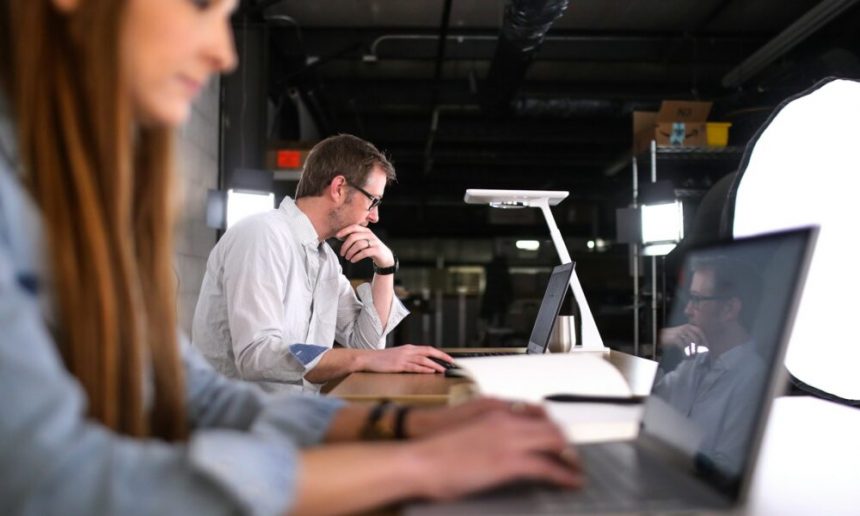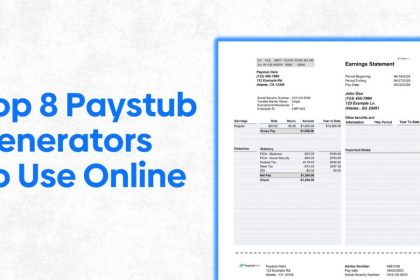For years, your job was tied to a place. A big building, a desk, a morning routine that ended at a coffee shop near the office. Then suddenly, everything flipped. Work became a screen. And your identity—the professional version of you—started to feel a little… off. It’s not just about location anymore. It’s about how you show up, where you belong, and how others see you in this in-between world.
And for many founders, figuring this out in a city like San Francisco, being part of the best coworking space for startups in San Francisco isn’t just about a place to sit. It’s a subtle signal that still says, “I’m serious about what I’m building.”
The Personal Brand Problem
Let’s talk about the personal brand—because we’ve all got one now. Like it or not, your LinkedIn photo, your Slack messages, your little bio on that project site… it all adds up. But here’s the thing. Most of it feels fake, right?
There’s pressure to sound polished, confident, “authentic.” But not too authentic. You want to seem like a leader, but also someone who “gets it.” It’s exhausting. And when you’re working from home all the time, it gets even harder. No hallway chats. No spontaneous coffee walks. Just another carefully-worded email.
You start to wonder—who am I in this role if no one ever sees me doing it?
Why Zoom Is Draining More Than Just Batteries
You’ve probably felt it: that sluggish, weird brain fog after a long Zoom call. It’s not just tired eyes. It’s a kind of emptiness. We weren’t built to talk to little boxes all day.
Even the most confident people lose something when the workday becomes a loop of scheduled screens. Ideas feel flatter. Energy drops. And collaboration? Let’s be honest—it’s harder. Not impossible, but definitely not the same.
And no, turning your camera on doesn’t fix it.
Workspaces Still Matter (More Than You Think)
Remote work gave us freedom. That’s good. But it also made everything… same-y. You could be anywhere. But sometimes that anywhere feels like nowhere. That’s why space still matters.
Not just for productivity, but for identity. For the reminder that, yes, you’re a real person doing real things. That this isn’t just a gig you do between errands. It’s work you care about.
And where you work has a quiet way of reinforcing that.
There’s a reason people are seeking out well-designed spaces again. Not offices with fluorescent lights and awkward vibes. Spaces with intention. With natural light, people around, and some movement. They make you sit a little straighter. Think a little clearer. Maybe even speak up more.
You don’t always notice the change immediately. But you feel it.
The Return of the “Third Place”
You’ve probably heard the phrase: “third place.” Not home. Not the office. But somewhere in between. A coffee shop, a coworking space, a quiet lounge with good chairs.
These places are having a moment again. Especially in cities like San Francisco, where everything is fast and everyone’s building something.
Why?
Because they help you feel grounded. You walk in and—boom—you’re in work mode. But you’re not isolated. You might see familiar faces. Maybe catch a bit of background chatter that sparks an idea. That simple shift can make all the difference between coasting through your tasks and actually feeling like you’re part of something.
Also… sometimes it’s just nice to not be in your kitchen.
Quiet Belonging Is Still Belonging
Not everyone misses the office. But what a lot of us do miss is belonging. That low-key comfort of being seen, even when you’re not saying anything. The little nod from someone across the room. The feeling that you’re not building your dream in a vacuum.
That doesn’t mean you need team lunches and awkward icebreakers. It just means you need a place that holds space for your work and reminds you that your work matters. Belonging can be quiet. Subtle. But it still hits hard.
Wrapping It Up
So, what does this all mean for you? It means your professional identity isn’t a vibe you create online. It’s how you live out your role day to day. It’s shaped by your habits, your surroundings, and the people you let into your orbit—even if only for a few hours a week. Remote work changed the rules, sure. But it didn’t erase the need for space. For presence. For something real to anchor your work self to.








